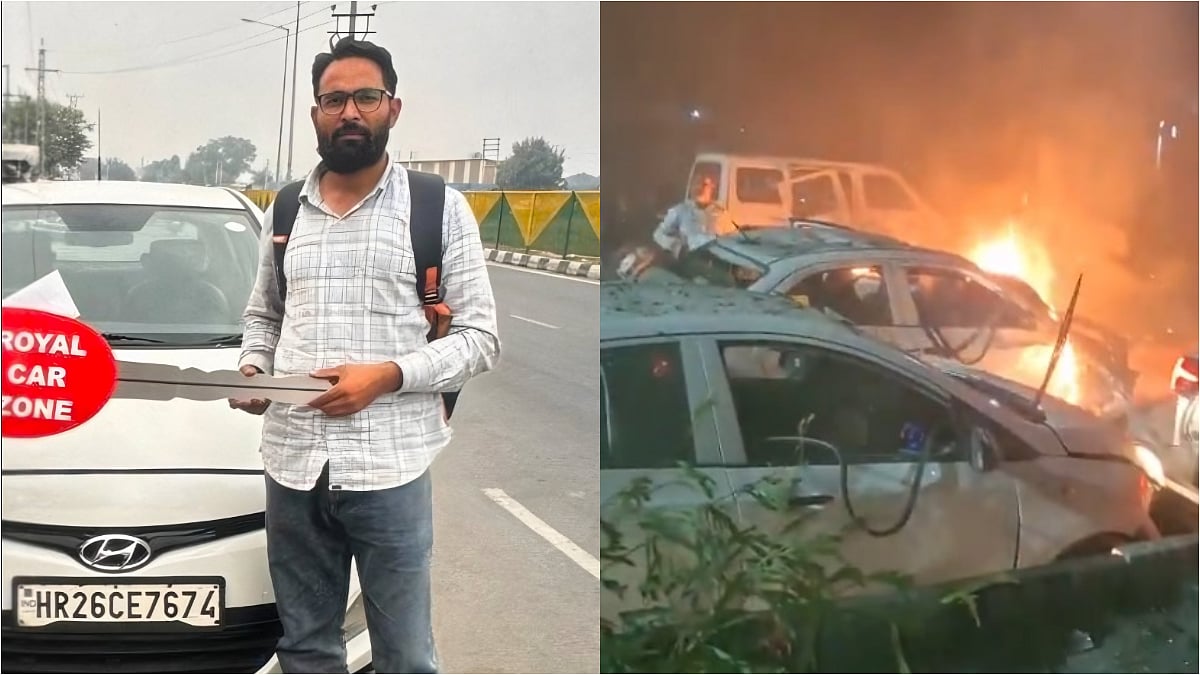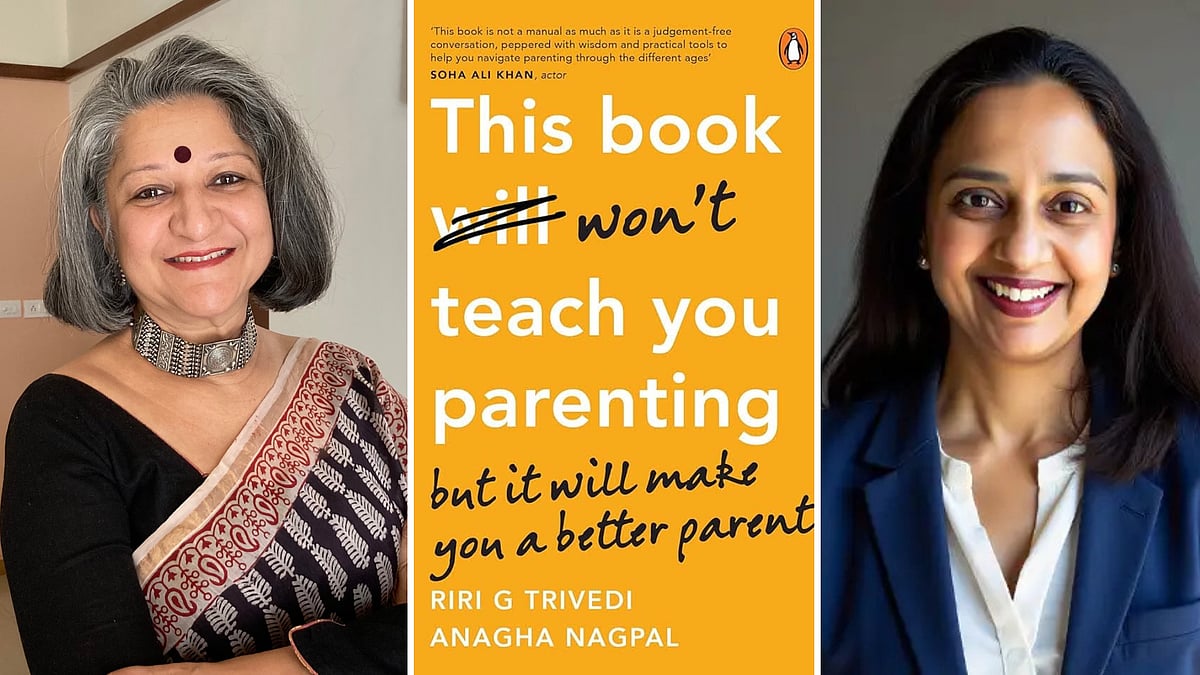The Timuri dynasty had a strong and old association with the place where Badshah Salamat was encamped that night. It was not so long ago that Humayun Badshah had been forced by Sher Shah to flee Hindustan.
People remembered the banquet where Babur Badshah had observed that, when a tough piece of meat was placed in Sher Khan’s dish, he had skilfully used his dagger to cut it into small pieces before eating it. Sher Khan was just emerging as a power in Bihar and had joined hands with Babur Badshah. Sher Khan was an Afghan; his grandfather had come to India in the days of Sultan Bahlul Lodhi.
Babur Badshah had said about him, ‘Keep an eye on Sher Khan. He is a clever man and the marks of royalty are visible on his forehead. I have seen many Afghan nobles, greater men than he, but they have never made such an impression on me. As soon as I saw this man, it occurred to me that he ought to be arrested, for I find in him the qualities of greatness and the marks of mightiness.’

When Sher Khan returned to his quarters, he said to his men, ‘The Emperor today looked much at me and said something to the minister, and cast evil glances towards me. This is not a fit place for me. I shall go away.’
And the day did come in the reign of Babur Badshah’s son, on the eve of the Battle of Chausa—which was fought on the ninth of Safar 946 Hijri corresponding to 26 June 1539 ce on the banks of the Ganges—when in spite of the heat, Humayun Badshah’s envoy found Sher Khan with his sleeves rolled up, preparing the entrenchment with a spade in hand. After ordering a shamiana—an awning—to be pitched for the envoy, Sher Khan sat on the ground informally and after hearing the message of Humayun Badshah said,
‘Take this message to your King: “You yourself desire war but your army does not. I, on the other hand, do not desire war, but my army does. For the rest, the decision is the King’s.” ’

Abbas Sarwani’s account of Sher Shah’s life, which he wrote on the orders of Jalaluddin Muhammad Akbar, tells us that a stream barely a breadth of twenty-five yards separated the two sides, though both were on the same side of the Ganges. Humayun Badshah agreed to give Bengal to Sher Khan on one condition. Since Sher Khan had transgressed his boundaries by encamping opposite the Emperor on the other side of the stream, he demanded that he show his respect by retreating and leaving the passage of the river free to the Emperor, and that when the Emperor crosses, he would advance two or three marches in the track of Sher Khan and then turn back.
As soon as the agreement was reached, Sher Khan turned back. Humayun Badshah crossed the stream with his entire army and family and pitched his camp on the other side.
Soon after, Humayun Badshah sent Sheikh Khalil, a descendent of a Sufi saint of the Chishti order, Sheikh Fariduddin Shakarganj, along with many of his men, to Sher Khan. When Sheikh Khalil repeated the terms of agreement in the gathering, Sher Khan consented, but in a private meeting with Sheikh Khalil he went back on this word.

Sher Khan said, ‘Afghans hold Sheikh Fariduddin Shakarganj in high esteem. We come from the same fatherland. Can you give me frank advice concerning my well-being? Is peace with the Emperor advantageous, or war?’
After much hesitation, Sheikh Khalil said, ‘By asking my advice, you have in two ways placed me in great difficulty. First, since I have come to you as an envoy from the Emperor, it is not right that I should say anything except to his advantage; and second, you have asked me for advice, and those of old have said, “Even if your enemy asks your advice, speak the truth.” If I give advice contrary to my own opinion, I shall act dishonestly. For generations past, the Afghans have held my ancestors in reverence; it appears from the miraculous precepts of the Holy Prophet Muhammad, peace be upon him, that it behoves him who gives advice to do so in good faith. I am compelled, therefore, to speak the truth. War with Emperor Humayun is more to your advantage than peace, because his army is in complete disorder; he has no horses or cattle, and his own brothers are in rebellion against him. He only makes peace with you now out of necessity and will not eventually abide by the treaty. Look on this opportunity as so much gained and do not let it out of your grasp, for you will never again have such another.’ Hearing this, Sher Khan strengthened his resolve. Calling his nobles at midnight the next day, he said: ‘I have promised peace to the Emperor but I have considered that all the good service I have rendered has bore no good fruit. He makes peace and manifests a friendly disposition towards me because his army is in want of horses and cattle and of every equipment, and because his brothers have rebelled against him. He is but playing with me and eventually will not abide with this peace, but having appeased the rebellion of his brothers on his arrival at Agra and refurnished his army, he will not fail to uproot and destroy me. I have often experienced that the Afghan are braver in battle than the Mughals who only got the country because of the dissension of the Afghans. If my brothers advise so, I will break off the peace and try my fortune.’

The nobles replied, ‘By your blessing, dissension has been banished from among the Afghan nation, and we all have been cherished by you. We will not fail in devotion and gallantry to our utmost capability. Your purpose of breaking off the treaty is most wise.’
After taking his army back in accordance with the treaty, Sher Khan said, ‘For two days, I have drawn out my army and have returned to my encampment, that I might put the Emperor off his guard, and that he might not suspect that my army was coming towards him. Now, turn. Set your faces towards the army of the Emperor, and let not the honour of the Afghans out of your grasp nor fail to display your utmost devotion, for now is the time to regain the Empire of Hindustan.’
There was such a fierce attack on the right flank of Humayun Badshah that his army fell into complete disarray. Battle drums were immediately sounded and the demoralized troops were mustered with great difficulty. So much so that none came forward to defend Humayun Badshah when an elephant charged at him. The Emperor grabbed a lance and plunged it into the elephant’s forehead. An archer seated on the elephant shot an arrow at the Emperor and injured him.
Humayun Badshah shouted, ‘Come on! Let’s attack!’ But nobody came forward. Just then, someone grabbed the Emperor’s reins and said, ‘This is not the time to make a stand.’
Humayun Badshah was forced to flee Chausa in such a rush that his family was left behind and he almost lost his life himself when his horse was swept away from under him as he tried to cross the river. A water-carrier by the name of Nizam saved him from drowning.
Title: Akbar
Author: Shazi Zaman
Publisher: Speaking Tiger in association with Rajkamal Prakashan
Pages: 384
Price: Rs 699
(Excerpted with permission from Speaking Tiger in association with Rajkamal Prakashan)










